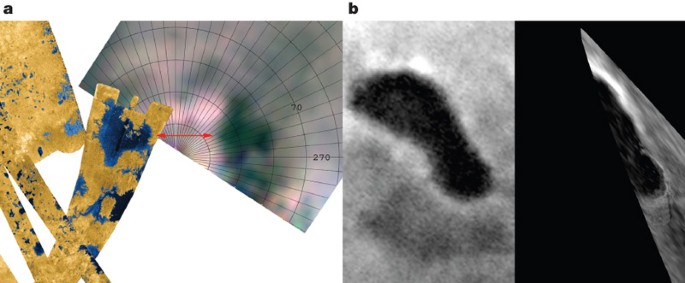
- Select a language for the TTS:
- UK English Female
- UK English Male
- US English Female
- US English Male
- Australian Female
- Australian Male
- Language selected: (auto detect) - EN
Play all audios:
WE EXPLORE THE NUANCES OF LETTER USAGE IN ACRONYMS AND IDIOMS Learning how to pronounce the French alphabet correctly is one challenge; learning how they use letters in their idioms is quite
another. For example, the English ‘D-Day’ refers almost exclusively to the Allied invasion in June 1944, yet the French le jour-J is used far more broadly, even to ask when someone’s baby
is due. Read also: Learning French: when and why do we say le jour J? Years ago, a businesswoman called Patricia told me that when marrying Monsieur Queau, she kept her maiden name so that
her initials wouldn’t become “pay-coo” (PQ). At the time, I had no idea that PQ was slang for toilet tissue. The conversation took a strange turn while she explained that ‘p’ was for
paper, and ‘q’ sounded like cul, a rather familiar word for one’s backside. Incidentally, this is also why you must take care when pronouncing merci beaucoup, for fear of accidentally
saying ‘thank you, lovely bum’. Read more: Curiosities of the French language: How to say Happy New Year? TONGUE-TWISTERS Still on the theme of letters and lavatories, have you ever noticed
how the French say WC? It becomes le vay-say even though the letter W is called double-vay. You simply never hear a French person talk about le double-vay-say, and if you ask them why, you
will have another interesting discussion while they ask themselves the same question. The final expression to showcase is système D (“siss-tem day”). This is short for système débrouille (to
untangle or to sort something out) or, more colloquially, système démerde (to get yourself out of the merde). It is used when a tricky situation calls for a resourceful solution. For
example, if someone is explaining how their airport shuttle was cancelled and they had to use trains and buses, they might say, c’était vraiment du système D: I just had to get on with it.
Next time you explain how you got around a problem, you will know what to say!








